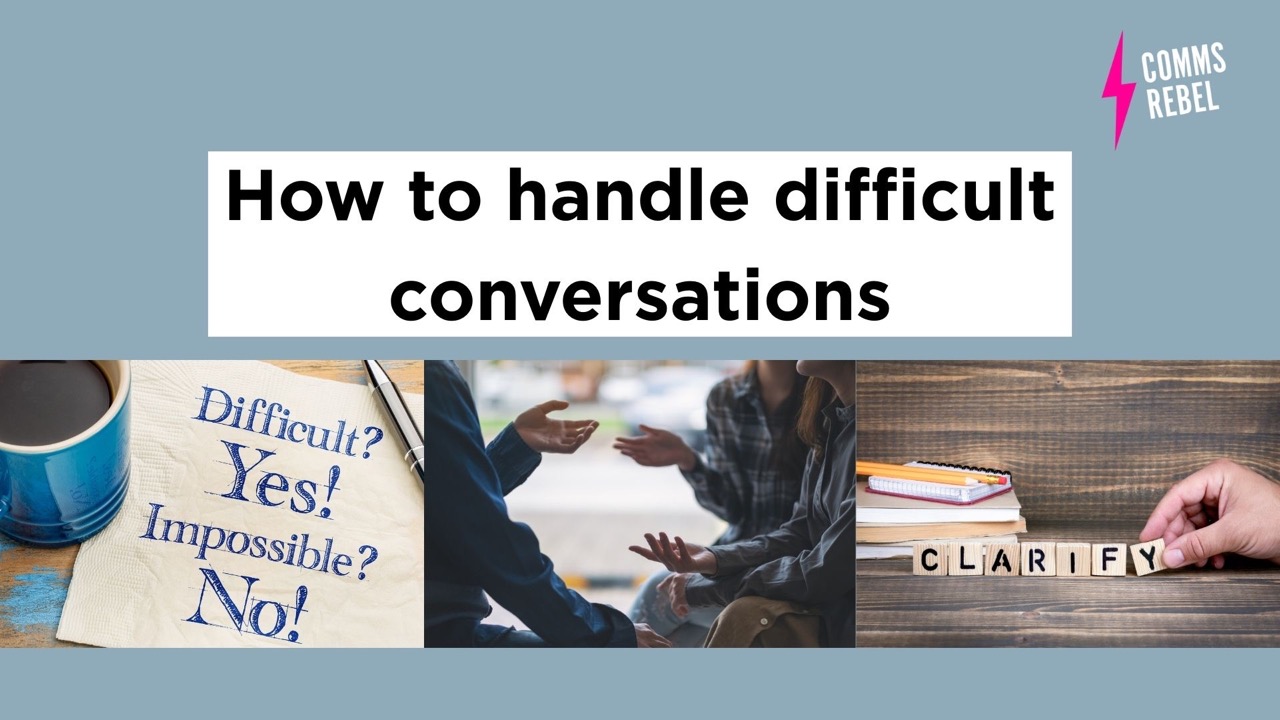Since starting my business, I’ve really missed the side chats I used to have with colleagues, whether that was our shared love a Netflix show or how a meeting went. I’ve had to work hard to find alternatives to fill the gap that was missing so I could still have those conversations and not feel alone.
Connecting with your colleagues, on a personal level, can help strengthen relationships and help with building trust. I’m pretty sure you will still plan virtual away days, and have team meetings to talk about how everyone is doing. But it’s those side conversations in the kitchen, next to the water cooler or even when you’re walking to the bathroom that makes the subtle difference. It’s these moments that lead up to stronger bonds, and in turn, help organisations thrive.
With video fatigue being real and with people feeling a bit exhausted with everything that’s going on, how do you bring these side chitchats into the virtual world?
Below are some top tips that have worked for me in the past and some ideas from my LinkedIn community which I hope gives you a burst of inspiration.
Listen.
It’s such a simple thing but quite challenging to do when you have other distractions and a to-do list as long as your arm. Generally, during a ‘work call,’ people are focusing on other things and usually want to get the meeting over and done with and crack on with their task list. But taking a moment before or after the meeting for five minutes can make a big difference.
Matthew Hall, an internal communications consultant, says: “It’s too easy to assume you know what people are thinking, so tuck a couple of open Qs up your sleeve to get people talking…you’ll be surprised by what you learn when you truly listen.”
Be spontaneous.
We don’t plan those kitchen chit chats, but it can be much harder to have spontaneous conversations when you’re working by yourself, and you can’t see what other people have going on. Try block booking 10-minute slots in your diary, so people know that you are free to chat at that time, whether it’s skype, DM, phone or video call. You could also arrange to make a virtual coffee with someone during that time.
Kate Isichei, Internal Communications Specialist, said: “Tech helps immensely with this problem. DM is a revelation, but it must be used wisely so as not to annoy the recipient. I have had some nice chats using Teams, Skype etc. during lockdown.”
Recognition.
I’m not talking about internal recognition schemes for someone going above and beyond. I mean recognising someone an article they may have shared on the intranet or some words of wisdom they posted on a social networking site. These little short bursts of appreciation to someone can help build connections – especially if you’re a new starter in an organisation as it can be difficult when you’re sat at home on your own with faceless emails. Have a look at your social channels and leave some comments under posts that people have written or drop them an email to say how much you loved their story. This will open the conversation for informal chatting.
Virtual socials.
Hands up if you’re a bit fed up with quiz nights or social gatherings? I recognise that the novelty of these social gatherings have started to wane a bit and it’s the same people showing up week on week. But I do think they still have a place if you mix it up a bit. Try doing something a bit creative. I’ve seen some teams plan murder mystery events, escape rooms or a cook-along (each week someone from the group would share a recipe they enjoy and the rest of the team would cook with them). To avoid the ‘forced fun’ concept, get a different team member to take the lead to do something social.
Be authentic.
Nobody wants to have a conversation with someone who is only doing it because they’ve been asked to by their leader, HR or comms. People can tell when someone is a bit fake. If you have a lot going on and you’re not in the mood, then be honest – people will respect you for it.
You don’t need to put on an act or pretend to love something just because someone is waxing lyrical about it. It isn’t easy to build connections when you can’t be true to who you are. It can be hard to share real-life stuff sometimes, but the more you open up you’ll soon find a community that you naturally connect with.
Michelle C. Okwudiafor, Internal Communication Manager at ACCA, said: “Be authentic.. People will want to connect with you if you are yourself, no pretence, no masks..”
Finally, if you live in an area where there are no lockdown restrictions, and you’re planning on meeting face-to-face with some teammates – bear in mind that some people may feel a bit anxious or can’t attend due to health restrictions. If this is the case, then make sure you’re not excluding them from the ‘fun’. Think about dialling them in via Zoom/Skype so they can be with you or catch up with them later.
If you have any tips or advice on what’s worked for you in your organisation, then please do share!


